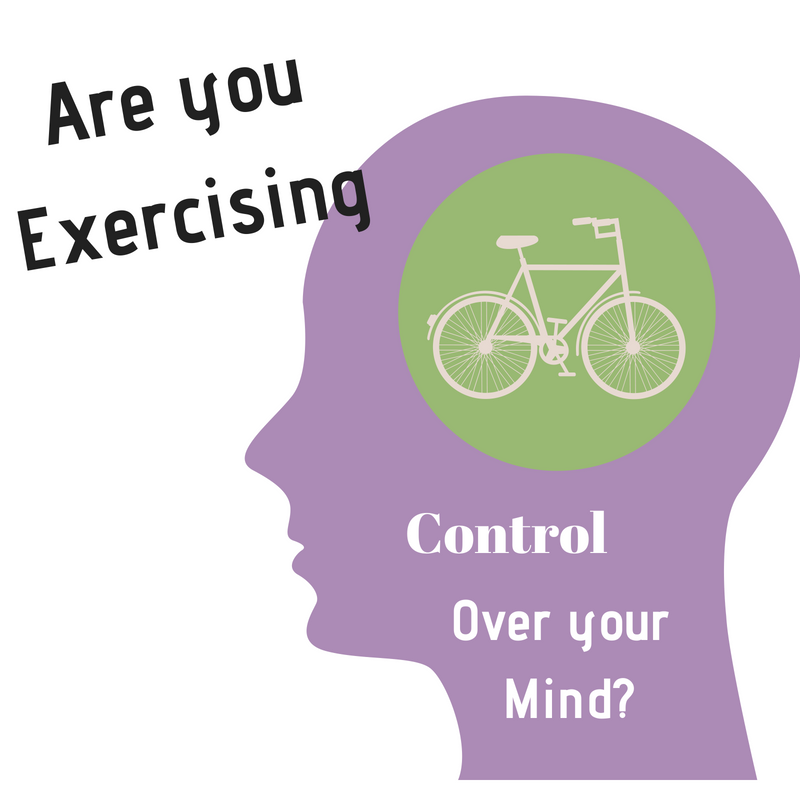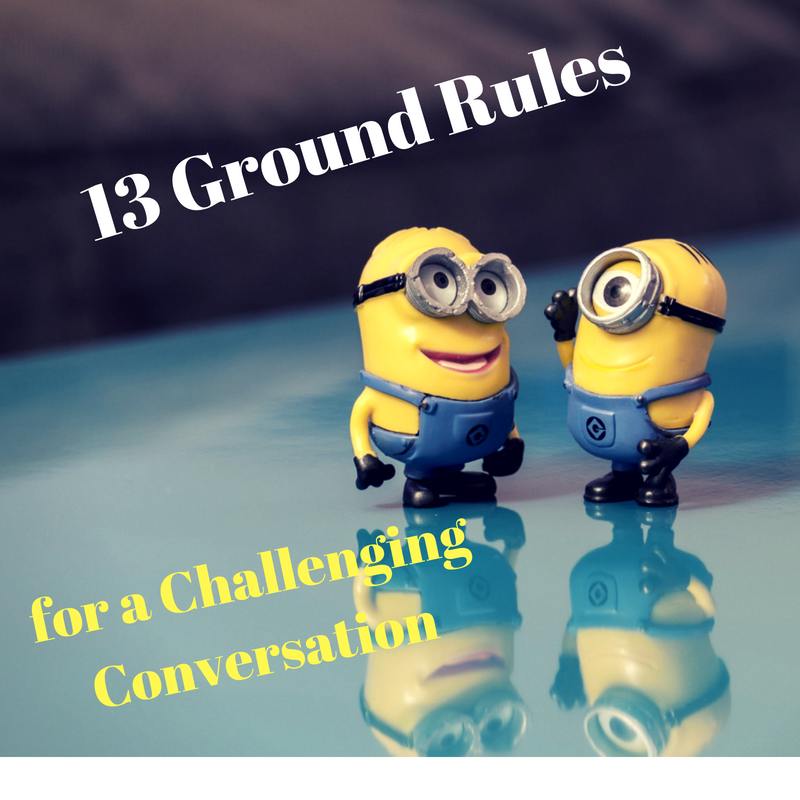 People will often say to me,
People will often say to me,
“I wasn’t thinking anything.”
“I don’t really have any thoughts going on in my head.”
or they’ll say:
“I have a million thoughts bombarding me all the time.”
The truth is that you have anywhere between 60,000-80,000 thoughts per day so you think A LOT!!
It’s just that you haven’t been trained to think about what you’re thinking, or to take control of ‘monkey mind’ (that’s when you have hundreds of thoughts bouncing all over the place.) Your thoughts have been going on for so long in the background of your mind that sometimes you just tune them out. It’s like they’re there but they’re not really there.
Your thoughts are connected to your feelings and your actions.
So, if you’re feeling resentful, angry, depressed, anxious, frustrated—it does have something to do with your thoughts. Yet some people have no awareness of what those thoughts are.
They say if you asked a fish what water is—they wouldn’t have a clue. It’s always been there—they don’t even notice it.
Changing your thoughts does have the ability to help you change your life.
Yet, how can we change our thoughts if we’re not even aware of them? The first step to changing anything is awareness.
Mindfulness helps you become aware of your thoughts. It also helps by give you a pause or a buffer of space between your thoughts and your reactions to those thoughts.
Do a google search and you can find hundreds of articles on research studies and the benefits of mindfulness.
Some thoughts have a positive effect in your life
Some have a negative impact and
Some thoughts have a neutral impact.
Think of mindfulness of your thoughts like this:
Imagine yourself standing at a train station.
As you watch, you notice trains coming and going. Imagine that these trains are like thoughts entering and leaving your mind.
Some of the trains are looking pretty worse for wear and headed to a destination you don’t want to visit.
Others are looking pristine and rolling along to somewhere exotic.
Which trains do you allow to pass?
Which do you hop onto?
Notice how if you simply do nothing, the trains leave and are replaced with new ones (i.e. new thoughts).
You can choose to observe the train cars coming and going without jumping on them.
Mindfulness gives you the ability to allow thoughts that create mental suffering (frustration, anger, anxiety etc) to pass through and move on without creating so much pain and misery for you.
Notice the trains arrive. Then, watch them leave.
Just like the train, the thoughts come and you observe them without getting attached to them and then you watch them leave, without hopping onto them.
With practice, you will notice that when the thoughts that have a negative impact on your life enter your mind, they will have less of an impact on your life.
I can’t tell you how many hours of frustration I have saved in my life since I’ve used this process to manage my thoughts instead of letting my thoughts manage me!
It’s so empowering and freeing to be able to choose which thoughts you let come and go.
That’s when life becomes
easier and less frustrating.
Save the date, Wednesday August 22 at 7 pm, for my next webinar in which I’ll share some techniques on how to use Mindfulness to decrease anxiety, frustration and worry.
I’ll send out a registration form next week.



